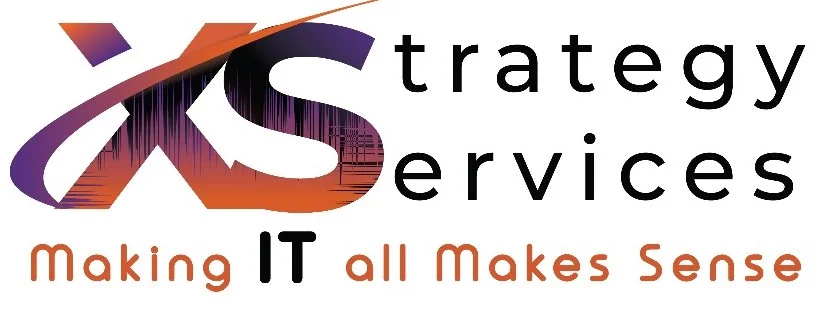Search Engine Optimization (SEO) is an essential tool for any website owner who wants to increase their online visibility and attract more traffic to their site. In this blog, we will provide you with an ultimate guide to SEO, including tips, tricks, and techniques to help you optimize your website and boost your search engine rankings.
1. Conduct Keyword Research
One of the most important things you can do when optimizing your website is conducting keyword research. This involves identifying the keywords and phrases that your target audience is searching for and using them strategically in your content.
Tools like Google Keyword Planner and Ahrefs can help you identify relevant keywords and estimate their search volumes. By including these keywords into your content, you’ll have a better chance of turning up in search results when people use those phrases.
2. Optimize Your On-Page Content
Once you’ve identified the keywords you want to target, it’s essential to optimize your on-page content. This include optimising your body text, header tags, meta descriptions, and title tags.
Your title tag and meta description should be compelling and accurately describe the content of the page. They should also include your target keywords to help search engines understand the content of the page.
Header tags (H1, H2, H3, etc.) should also be optimized to include your target keywords and help organize your content for readers and search engines. Your body copy should be well-written and informative, and should also include your target keywords naturally throughout the text.
- Title tags and meta descriptions: Ensure that your title tags and meta descriptions are unique, relevant, and contain your target keywords.
- Headers: To arrange your material and make it simpler for search engines to read, use header tags (H1, H2, and H3).
- Image optimization: Optimize your images by compressing them, adding descriptive file names and alt tags, and reducing their file size to improve page load speed.
- Internal linking: Use internal linking to help search engines understand the structure and hierarchy of your website’s content.
3. Off-Page Optimization
Off-page optimization involves optimizing factors outside of your website that influence its ranking in search engine results pages. Some off-page optimization techniques include:
- Link building: Acquiring high-quality backlinks from other reputable websites is one of the most effective ways to improve your website’s ranking in search engine results pages. Focus on building natural, relevant, and high-quality backlinks to your website.
- Social media marketing: Engage with your target audience on social media platforms such as Facebook, Twitter, and LinkedIn to increase your website’s visibility and drive traffic.
- Local SEO: If you have a physical location, optimize your website for local SEO to improve your ranking in local search engine results pages.
4. Build Quality Backlinks
Backlinks are an important ranking factor for search engines, as they indicate that other websites consider your content valuable and relevant. Building quality backlinks takes time and effort, but it can have a significant impact on your search engine rankings.
You can build backlinks by creating high-quality content that other websites want to link to, reaching out to other websites to request links, and participating in online communities and forums where you can share your content.
5. Improve Your Website’s User Experience
Websites that offer a satisfying user experience are given priority by search engines. This means that your website should load quickly, be easy to navigate, and be mobile-friendly.
To improve your website’s user experience, you can optimize your website’s loading speed, simplify your website’s navigation, and ensure that your website is responsive and easy to use on mobile devices.
6. Monitor Your Website’s Performance
Finally, it’s important to monitor your website’s performance regularly to ensure that your SEO efforts are paying off. You can use tools like Google Analytics and Google Search Console to track your website’s traffic, rankings, and other key performance indicators.
By regularly monitoring your website’s performance, you can identify areas for improvement and adjust your SEO strategy accordingly.
In conclusion, SEO is a powerful tool that can help you increase your online visibility and attract more traffic to your website. By following the tips, tricks, and techniques outlined in this guide, you can optimize your website and improve your search engine rankings. Remember to conduct keyword research, optimize your on-page content, build quality backlinks, improve your website’s user experience, and monitor your website’s performance regularly.
7. Technical SEO
Technical SEO involves optimizing your website’s technical elements to improve its crawlability, indexability, and overall user experience. Some technical SEO techniques include:
- Site speed: Ensure that your website loads quickly by optimizing images, compressing files, and reducing server response time.
- Mobile-friendliness: Ensure that your website is mobile-friendly by using a responsive design, optimizing images, and reducing page load time.
- Schema markup: Use schema markup to provide additional context to search engines about your website’s content and improve its relevance.
8. Content Marketing
In order to draw in and keep the attention of your target audience, content marketing entails producing and disseminating excellent, worthwhile, and pertinent information. Some content marketing techniques include:
- Blogging: Create high-quality blog posts that target your audience’s pain points, questions, and interests.
- Infographics: Create visually appealing and shareable infographics to communicate complex data and information.
- Videos: Create engaging videos that educate, entertain, and inform your target audience.
In conclusion, SEO is a sophisticated and dynamic process. By implementing these tips, tricks, and techniques, you can improve your website’s visibility, attract more organic traffic, and ultimately, drive more revenue for your business. Remember, SEO is a long-term strategy, so be patient and stay committed to improving your website’s search engine ranking and visibility over time.

